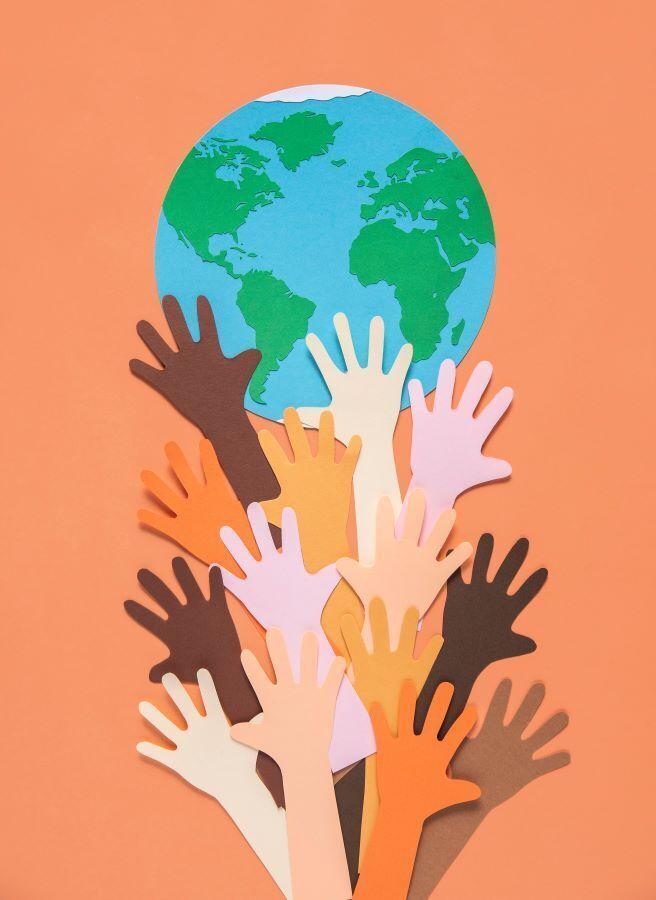
The Universal Declaration of Human Rights (UDHR) serves as a worldwide guideline for freedom and equality, safeguarding the rights of every individual, regardless of their location. For the first time, nations came to a consensus on the freedoms and rights that require universal protection, allowing all individuals to live their lives freely, equally, and with dignity.
The Universal Declaration of Human Rights (UDHR) was adopted by the United Nations on December 10, 1948, as a response to the atrocities committed during the Second World War. The adoption of UDHR recognized that human rights are fundamental to freedom, justice, and peace.
In 1946, work on the Universal Declaration of Human Rights (UDHR) began. The drafting committee consisted of representatives from various countries, such as the USA, Lebanon, and China. Later, the drafting committee was expanded to include representatives from Australia, Chile, France, the Soviet Union, and the United Kingdom. This allowed the document to benefit from states' contributions from all regions and their diverse religious, political, and cultural contexts. The UDHR was then discussed by all members of the UN Commission on Human Rights and was finally adopted by the General Assembly in 1948.
The Universal Declaration of Human Rights lists 30 human rights and freedoms that are inherent to all human beings and cannot be deprived of them by anyone. These rights are considered the foundation of international human rights law and are still relevant today. In fact, the Declaration is a dynamic document and is currently the most translated document globally.
This year marks the 75th anniversary of the Universal Declaration of Human Rights. The legacy of the Universal Declaration of Human Rights challenges us to take a proactive approach. It requires us to resist attacks against rights that come from global, transnational, and local sources. However, simply resisting is not enough. The declaration also calls on us to disrupt the construction of world orders that perpetuate “historical privileges and injustices, violate rights, and silence” advocates for those rights. Additionally, we must “transform global governance by reimagining, innovating, and leading”.
Click here to review The 30 Basic Human Rights List from the UDHR. It has been 75 years since the UDHR Declaration, and still, some of the 30 human rights continue to be attacked, abused, and denied by systemic injustices. We must build visionary institutions and systems to protect our planet and future generations from all that harms us.
December 10th is Universal Human Rights Day. Would you consider getting involved as a united front to disrupt the constructs that perpetuate “historical privileges and injustices, violate rights, and silence” advocates for those rights? How might you take a proactive approach to resist attacks that threaten your or your community’s 30 basic human rights to live freely, equally, and with dignity? Would you like to join a movement to make TikTok safer and protect survivors of online sexual abuse? Amnesty International provides several opportunities for you to act today. Click on the Amnesty International link to get involved to help secure everyone’s basic human rights! https://www.amnesty.org/en/get-involved/take-action/

